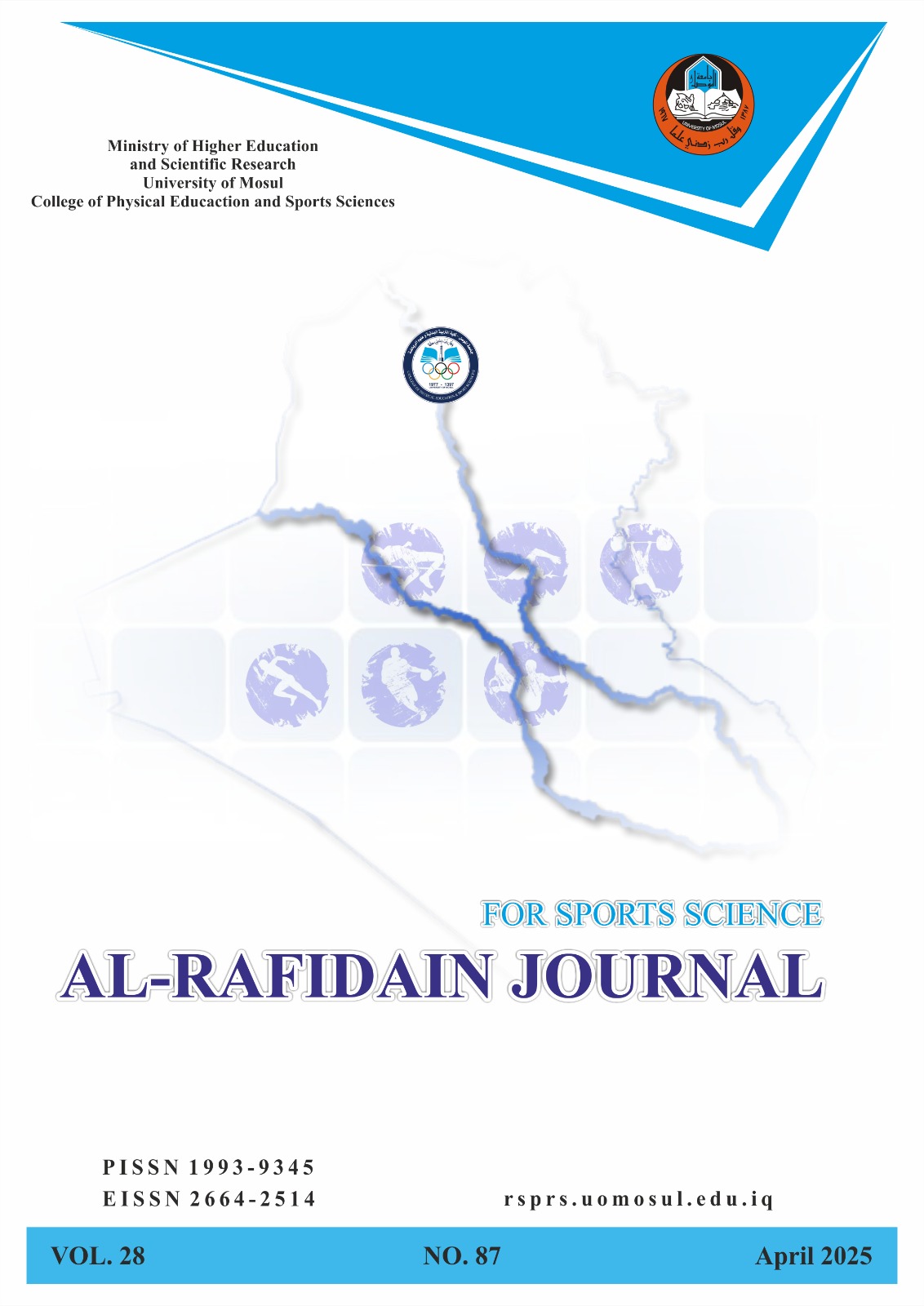A Comparative Study on Higher Education Quality Standards Among Administrators and Faculty Members of Physical Education and Sport Sciences Colleges in Iraq
Abstract
Higher education institutions must possess quality standards that enable them to excel among world-class universities, ensuring their continuity, sustainability, and advancement in rankings through global and local evaluation and classification. Among these governmental institutions are the Colleges of Physical Education and Sports Sciences in Iraq, evaluated based on national standards, similar to other colleges with different specializations. In this context, it is essential for the opinions of administrators and faculty members regarding these standards and their indicators, which means the points that must be met in each standard, to be considered. The importance of the study lies in understanding the perspectives of these employees on these standards.
The study problem is that the national standards include unrealistic items that tend toward narrative writing and other points that the institution has no authority to adopt. Here, we ask whether the administrators and faculty members are satisfied with these standards and whether there is a difference in their views.
The study population included the employees of the Colleges of Physical Education and Sports Sciences, totalling (1244) employees. The study sample consisted of (150) faculty members and (36) administrators. The national quality standards for higher education in Iraq, which contained (8) standards, were distributed. The study concluded the following:
For the standards of educational institution strategy, governance, and administration, their perspectives were identical.
For the standards of financial and material resources, faculty members, students, and curricula, their perspectives differed, with the views of faculty members surpassing those of the administrators in these standards.
For the standards of scientific study and community service, their perspectives also differed, with the views of administrators surpassing those of the faculty members in these standards.






